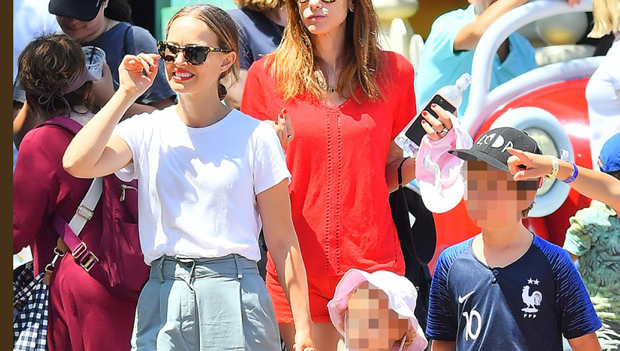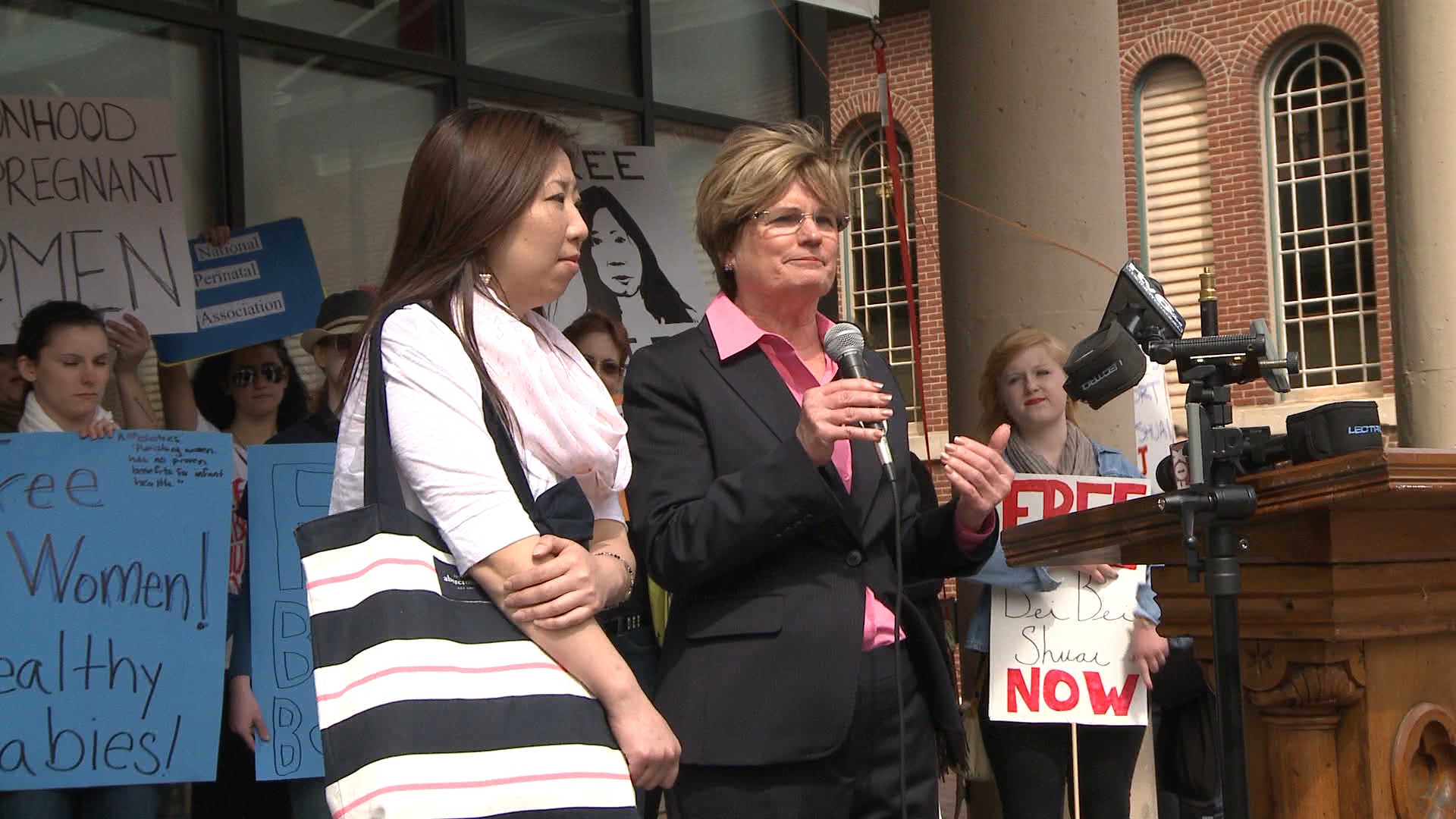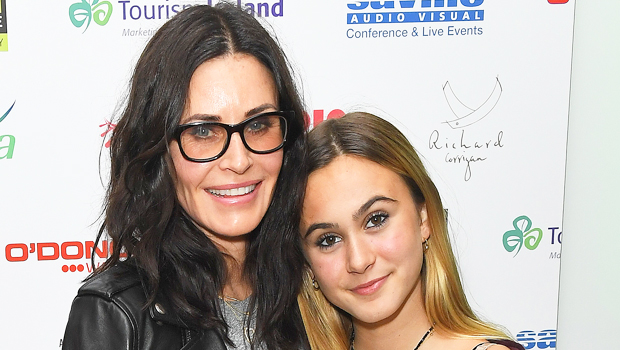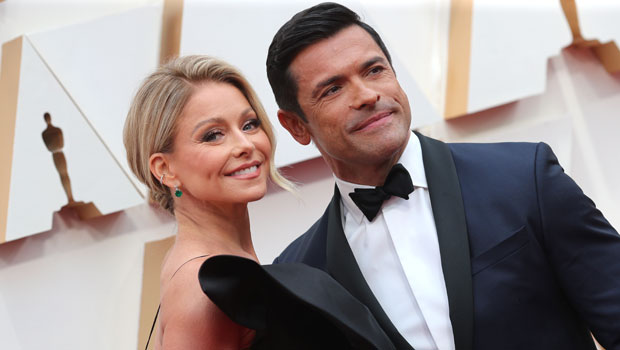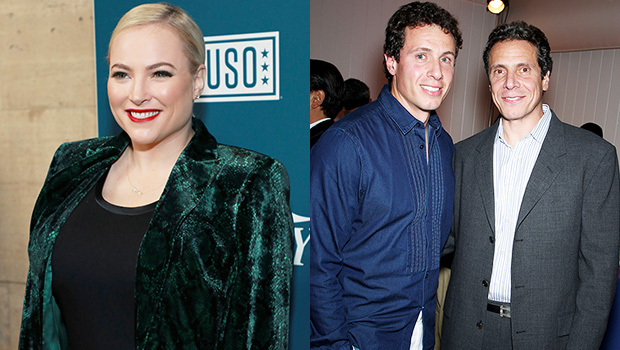DOC NYC 2021 Women Directors: Meet Nahid Persson – “Be My Voice”
Nahid Persson is an award-winning documentary filmmaker based in Sweden. She was born in Iran and took political asylum in Sweden as a result of her political activism during and after the 1979 revolution in Iran. Her works include...
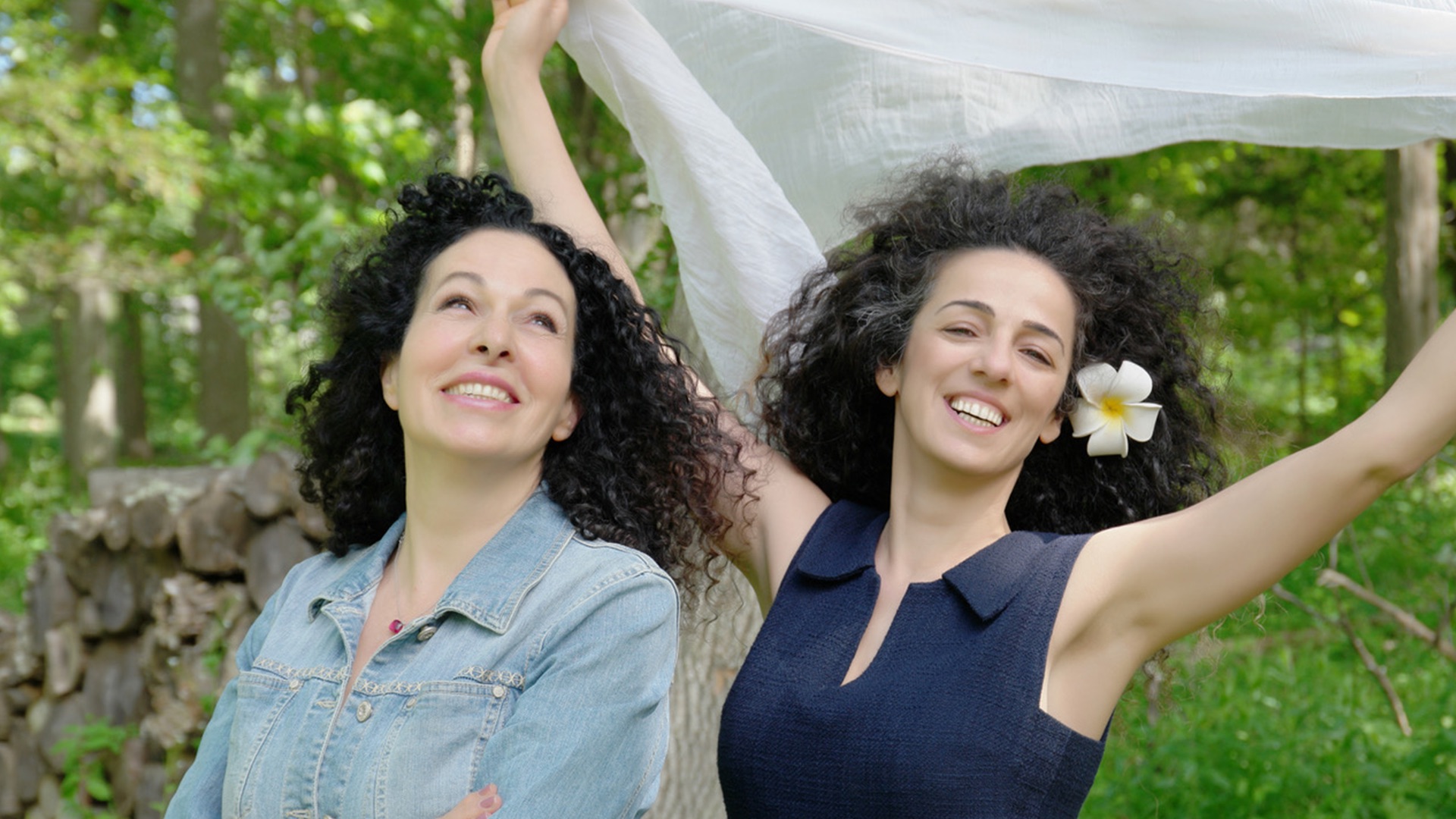
Nahid Persson is an award-winning documentary filmmaker based in Sweden. She was born in Iran and took political asylum in Sweden as a result of her political activism during and after the 1979 revolution in Iran. Her works include “Prostitution Behind the Veil,” for which she received an International Emmy nomination, and “Four Wives – One Man.”
“Be My Voice” starts screening at the 2021 DOC NYC Film Festival on November 16. The fest runs from November 10-28.
W&H: Describe the film for us in your own words.
NP: Journalist and activist Masih Alinejad throws off her hijab, and through social media encourages other Iranian women to do the same. This grows to become one of the largest civil disobedience campaigns in Iran, which leaves the regime desperate.
W&H: What drew you to this story?
NP: I saw a video on Instagram of a 15-year-old girl in Iran being forcibly dragged into a police car. Her crime was that she didn’t wear a hijab. More and more women, despite the harsh punishments, are doing everything they can to achieve greater personal freedom. At the same time, I can say that our feminist minister in Sweden where I reside, like many other European ministers who visit Iran, was fully clothed in a hijab, bowing to the Mullahs. It makes me furious. It’s like they’re legitimizing the ISIS-like regime and mocking the courage of Iranian women.
I almost lost hope of a change in Iran and had stopped making films about Iran before I was reenergized by Iranian women and the woman behind the movement, Masih Alinejad. I feel like it’s my responsibility as a documentary filmmaker to help and make their voices heard internationally.
W&H: What do you want people to think about after they watch the film?
NP: I want people to get more involved with their fellow human beings. To feel encouraged to spread information and make demands from their government that shakes hands with a regime that is as criminal as ISIS and the Taliban.
As Masih says, “If every human sows a seed, the world will be full of flowers.” It would be fantastic if audiences share what they see in this movie on their social media platforms and encourage their friends to watch the movie. In that case, each of us can be the voice of Iranians.
W&H: What was the biggest challenge in making the film?
NP: There were so many that it’s almost impossible to choose just one. During the time I was editing the film, so much was happening in Masih’s [life] and with the people in Iran that it was difficult to focus on just one topic. At the same time, it was important to get the film out at festivals and on television.
The other difficulty was that I had to work fairly alone, as the language in the film is Persian, and it was difficult to find a good Persian-speaking editor whom I could trust a hundred percent. It was hard to direct, produce, and edit the film all by myself. But it wasn’t impossible.
W&H: How did you get your film funded? Share some insights into how you got the film made.
NP: Despite the fact that I have made several movies that have become internationally known, the funding is still not easy, and is time-consuming. I got Swedish television and the Swedish Film Institute to back the project. Then I pitched the film project at EBU in Amsterdam, where my film project was picked up for distribution on television.
My recommendation is to have an involved producer and not do all aspects of the process by yourself. {Align yourself with] someone who is financially proficient and is good at administration.
W&H: What inspired you to become a filmmaker?
NP: It just happened. I love to create and I am a pretty stubborn person. I don’t give up just because I get a ”no,” and I work very hard. If I believe in something, I go all the way until it’s done. At times, I work 17 hours a day. As a documentary filmmaker, I feel a responsibility to tell stories about people who don’t have the chance to have their voices heard. Stories that the outside world isn’t aware are happening to people.
W&H: What’s the best and worst advice you’ve received?
NP: I usually trust myself and go my own way.
W&H: What advice do you have for other women directors?
NP: During my career as a filmmaker, I have noticed that we women are modest about our fantastic ideas and our ability to carry out a project. We are careful, while men with greater confidence inflate their ideas. This helps them more readily in getting financing for their projects. We must remember that we are at least as good as men.
W&H: Name your favorite woman-directed film and why.
NP: It is difficult to single out just one film because there are too many choices to select from.
W&H: How are you adjusting to life during the COVID-19 pandemic? Are you keeping creative, and if so, how?
NP: For 43 years, we exiled Iranian filmmakers have lived in a kind of pandemic, you could say. We have a more dangerous virus in Iran. It is called the Iranian Islamic regime and has affected my job more than the Coronavirus.
This movie was a joint movie between the Iranian people, Masih Alinejad, and me. The main footage in the film is from people in Iran who courageously filmed themselves and events that have occurred to them. At the beginning of the pandemic, I was in Norway filming the last scenes, so the pandemic didn’t affect my work. It worked out fine to do a large amount of editing at home.
The sad thing was that you could not participate in festivals where the film was shown. It was not the same feeling with virtual festivals as with in-person festivals. I’m therefore super happy that the film gets a chance to tour at in-person festivals, especially here in NYC, my main subject’s city.
W&H: The film industry has a long history of underrepresenting people of color onscreen and behind the scenes and reinforcing — and creating — negative stereotypes. What actions do you think need to be taken to make it more inclusive?
NP: Regardless of color and gender, vulnerable people in countries such as Iran and Afghanistan need to be given more opportunities to tell true stories in documentary films.

 AbJimroe
AbJimroe 







